
Saudi Arabia ‘Corruption Probe’ Nets $106B from Saudi Rich
The Ritz-Carlton hotel in Riyadh is finally reopening to the public following the Saudi Arabian government’s use of the space as a “luxury prison” to detain and question the country’s most prominent businessmen.
The hotel was closed for 99 days, during which time the SA government imprisoned 381 people as part of an anti-graft campaign.
Some detainees were released after questioning, but others had to pay to earn their freedom. Government officials say they collected $106 billion in settlements and are moving forward with dozens of prosecutions.
“By targeting Saudi businessmen with deep ties to the West and seizing their assets without publicly detailing any charges beyond unspecified corruption, the purge raised concerns about the rule of law just as the kingdom attempts a historic opening,” reports the Wall Street Journal.
According to SA Attorney General, Sheikh Saud al-Mojeb, 65 detainees refused to settle and remain in custody.
“My guess is the name of the Ritz will forever be associated with being a Saudi luxury prison,” says Simon Henderson, a fellow at the Washington Institute for Near East Policy.
The Ritz-Carlton has more than 500 rooms, including 48 presidential suites. The “inmates” had access to gourmet food, television, exercise equipment, and a medical care unit.
“I exercise, I swim, I stretch, I walk. I have all my diet food. Everything’s fine. It’s like home,” said Prince Al-waleed bin Talal, the nation’s richest businessman. Prince Al-Waleed lived at the hotel for nearly three months before reaching a settlement with officials, who initially demanded a sum even he couldn’t afford.
The opulent hotel is located conveniently close to al-Yamamah Palace (government HQ), where King Salman and Prince Mohammed conduct their daily work.
Follow the Money
SA’s attack on its wealthiest citizens shouldn’t come as a surprise to anyone who is familiar with the situation.
When the price of oil dropped, SA was no longer able to fund its lavish habits. The country implemented a 50% gas price hike, took out $10 billion in loans, reduced spending on the military and social programs, and sold 5% of Saudi Aramco.
Detainments started in November 2017. Hundreds of wealthy businessmen were accused of bribery, embezzlement, extortion, and money laundering. The government insisted they were “stealing public funds.” As of December 2017, the government had seized up to $100 billion in assets.
As I wrote in a previous article, this crackdown was a way for the SA government to find desperately-needed cash while rooting out corruption that was hindering development. It was also a way for Prince Salman to weed out competition for leadership and a way to show potential investors a “less corrupt” system.
Saudi Arabia (like Venezuela) has transformed into a welfare state supported by oil revenue. That revenue is now gone, and (like Venezuela) the country has no informal economy to provide food or basic commodities.
The challenge now is for SA to rework its economy so that it can operate with less oil revenue. Let’s hope they figure it out before they run out of money (like Venezuela).
Editor’s note: We wrote last year that Saudi Arabia was only 2-3 years from bankruptcy. This confiscated money gives them an extra couple of years before they have real problems.


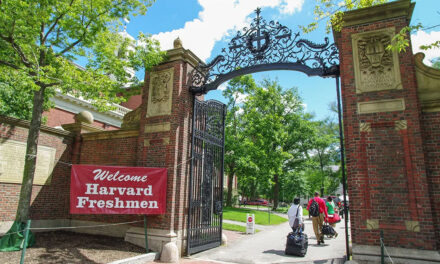


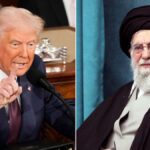
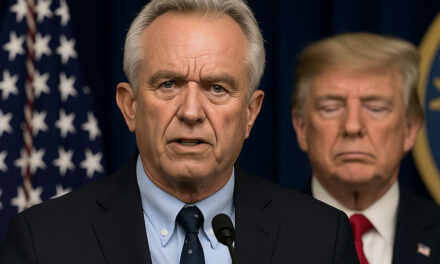
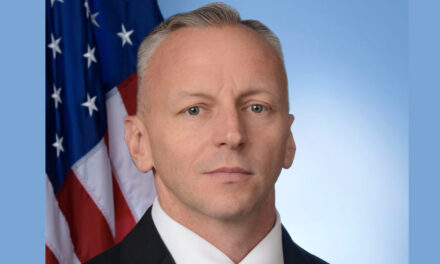








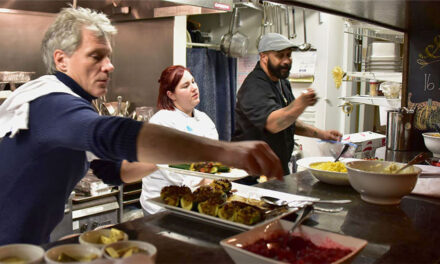







Frank and Mike covered the main points. Larry, of what use is backing someone's economic policy in part when the…
I agree Seth: NOT MAGA! heh, heh. perspective, it's a bootiful thing.
Not MAGA.
Yup, Larry, you got me although you really didn't have to be such a dick about it. I just read…
Larry, Before you open your mouth again (and continue to make yourself look foolish), I suggest you educate yourself on…